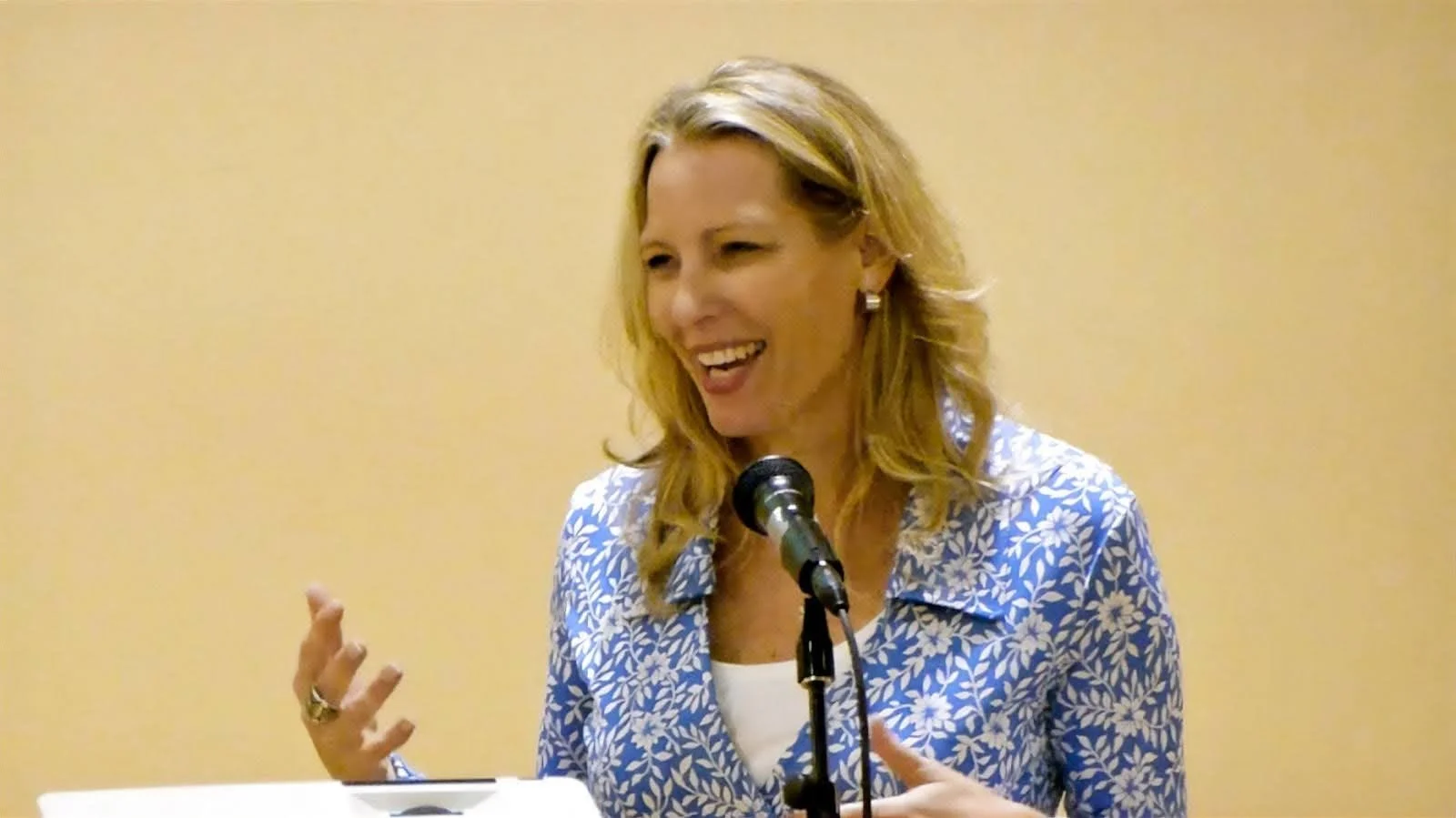Erin Michelson - Founder & CEO of Summery
This week, the TTI Interview Series covers the 2022 TTI Global Impact Awards, Diversity & Inclusion Judge: Erin Michelson. Erin Michelson is the Founder + CEO of Summery, a science-based, AI technology company that quantifies and activates individual values and organizational cultural. A Forbes #Next1000 entrepreneur, in 2022 Erin has been recognized as an AI4Good ESG / AI Innovator by Women in AI North America and a Diversity in Tech Award Digital Transformation finalist.
In this interview, Erin explores the importance of technology for DEI - more directly, using AI to attack discrimination at its core. She also discusses the need to invest into marginalised founders, in order to fully represent and diversify all business and corporate spaces. Additionally, Erin gives several pointers to TTI to help us be more inclusive as an organization.
A commitment to championing diversity
Your story in 50 seconds. Erin, could you share what got you interested in diversity and inclusion (was it a natural progression or did something happen in your life) and the mission you are on?
From a young age, I’ve been aware of the lack of diversity in business and leadership positions, particularly as a woman and member of the LGBTQ+ community. To ensure I didn’t fall into a prescribed societal role, I actively sought out experiences where I could learn from diverse role models.
For instance, I chose to attend a women’s college for my undergraduate degree, served as a Board of Director for the National Organization for Women-Chicago and YWCA-Brooklyn, and founded the Alliance for Women’s Equality to provide fundraising & communications support to nonprofit organizations supporting women and girls.
This early commitment to championing diversity and building inclusive communities is underscored in the work I do now as the founder of Summery, an AI technology company that quantifies individual values—such as empathy, integrity, and innovation—and organizational culture.
The gender bias in AI
The biggest obstacles (and less obvious ones) in diversity and inclusion.
Naturally, as CEO of an AI-driven data analytics company, I look to technology to help address entrenched bias in our systems—attacking discrimination at its core.
A new World Economic Forum report contends that the dearth of women developing software makes it even harder to detect biases in data and AI algorithms. As a result, much of today’s technology is exacerbating gender inequality, forming a vicious circle.
I’m very proud that our Summery science team is led by Dr. Helga Wild, a neuropsychologist, and includes Dr. Shaina Raza, a deep learning scientist who developed our core Natural Language Processing (NLP) / AI algorithms.
Not only are the majority of investors biased in how they identify talent, but also the level of resources they provide to help founders succeed and the support they provide when founders fail. One example of the preferred treatment afforded white, male founders is the $350M investment in Adam Neumann’s new venture despite the spectacular failure of WeWork.
At the forefront of DEI
How can TTI be more inclusive as an organization?
I think this is a great question. As a global, social impact community, Top Tier Impact has a unique opportunity to be at the forefront of implementing a DEI measurement framework and to build a truly inclusive organization.
Here are three ideas:
Learning from the experts
Top 3 thought leaders (authors, entrepreneurs or other) you follow who are paving the way in Diversity and Inclusion today.
These DEI experts help me learn and continue to build my awareness of others’ lived experiences:
· Disability Equity: Steven Spohn. Steven is a gamer and advocate for people with disabilities. He works with the organization Able Gamers to improve accessibility in the video game space.
· LGBTQ+ Equity: Charlotte Clymer. Charlotte is a social commentator, transgender activist, and military veteran. She writes the online newsletter “Charlotte’s Web Thoughts.”
Racial Equity: Lily Zheng. Lily is a Diversity, Equity & Inclusion Strategist and Consultant, recognized as a LinkedIn Top Voice on Racial Equity, and author of DEI Deconstructed.
Investing in marginalised founders
What would you say to TTI members who are investors in the diversity, equity & inclusion space as a call to action?
I call on DEI investors to live their mission and invest in historically excluded entrepreneurs. The track record for investing in marginalized founders is harrowing, with recent funding decreasing.
To put the funding disparity into perspective, in 2021:
· Women-founded U.S. startups received 2.3% of all venture capital funding. (Pitchbook, 2022)
· Black-founded U.S. startups receive 1.3% of all venture and growth equity financing. (Crunchbase, 2022.)
· LGBTQ+ founders receive less than 1% of U.S. venture capital funding. (Colorful Capital, 2022)
Conduct a baseline study of TTI’s 20,000 members to understand the underlying demographics and value profiles of your key stakeholders and core organizational culture.
Curate member activities, both for individuals and as a cohort, to promote openness and increase diversity of thought.
Center member communities based on shared, complementary, and diverse values to build understanding, organizational authenticity, and member belonging.




